Even Boris Johnson’s longest-standing supporters now think he might be on the way out. His admission that he attended a Downing Street garden party when the rest of the country was living under strict Covid rules has proved the final straw for politicians ground down by months of negative headlines. MPs complain they’ve had enough, and don’t think he can recover. But there are two outstanding questions that are much harder to answer: when does he go? And who exactly should replace him?
Until now, ministers had been talking up the May local elections as the crunch point. If it was a disaster for the Conservatives then a confidence vote could be brought against Johnson, with a leadership contest to follow in the summer and the winner in place by the time of the party conference in Birmingham. But after Johnson’s admission, several MPs think they cannot wait so long for a new leader. The damage keeps accumulating.
While some MPs are still keen to hold on until Sue Gray publishes the finding of her inquiry into illicit Downing Street parties — which could still take weeks — there is a growing sense that the current situation is untenable. Ahead of Johnson’s apology at Prime Minister’s Questions, government whips faced an uphill task convincing Tory MPs they should even turn up to hear it. ‘A lot of my colleagues are saying we shouldn’t wait until the local elections to move,’ says one whip. ‘And that we should instead change our leader now, in order to change the result of those elections.’
An end to Covid restrictions — which come up for renewal at the end of the month — could offer the Prime Minister an opportunity to depart with dignity. One former minister argues that Johnson should use the lifting of all restrictions in England as a way to say that he has led the nation through Brexit and Covid and it is someone else’s turn to rebuild the country.
One veteran MP says that those close to Johnson should persuade him to leave on his own terms rather than risk being forced out. ‘There is a one-in-five chance he walks,’ says an MP who backed Johnson for the leadership. But if he clings on, there is one obstacle that has the potential to keep him in Downing Street for some time to come: working out who his successor should be.
There is little consensus on who would make for a better prime minister. ‘There is no unity candidate so it has the potential to get very messy,’ says a member of government. As one former minister puts it: ‘I am very angry at Boris but if the answer is Liz Truss, I will keep him in position.’
Various would-be campaigns have begun quietly sounding out supporters. ‘There is a lot of soft tapping-up going on,’ says one member of government. ‘No one is doing drinks parties really — no one wants to go to them particularly after the Downing Street debacle. Instead, it’s roundtables with supporters of the candidates.’
Parties always go for the opposite when replacing a leader and the ultra-organised Rishi Sunak is a clear contrast to Johnson. The Chancellor could bring a seriousness to the role that Johnson has lacked. The fact that he has not been embroiled in any serious party rows — despite living next door to Johnson — works in his favour. He has spent the past week meeting with MPs to discuss the cost of living crisis, and using these meetings to underline his credentials as a low-tax Tory who is only raising taxes under duress.
However, Sunak’s critics are already preparing their own attack lines. Expect to hear other campaigns say that the Chancellor is the ‘Dom Cummings’ candidate. Johnson’s former senior adviser has played a key role in weakening the Prime Minister’s position, with disclosures over the Downing Street refurbishment and parties, yet he only has good things to say about the Chancellor. ‘Dom is a dirty word in the Tory party. So any association would be toxic,’ says one government aide.
Sunak’s main rival in any contest would be Liz Truss. The Foreign Secretary is viewed as the low-tax libertarian and is the favourite among the grassroots, topping the ConservativeHome opinion poll of Tory members. She is also the favourite among red wall MPs. In Westminster, though, she is seen as the Marmite candidate: she has passionate critics as well as fans. Those critics will want to stop her getting to the final round of a leadership election which is chosen by the grassroot members.
But this wouldn’t simply be a two-horse race. As the runner-up in the 2019 leadership contest, Jeremy Hunt could return as the anti-Johnson candidate — untainted by the past few years. One of those who knows the parliamentary party best notes that his campaign ‘never stopped’. The dark horse candidate is Nadhim Zahawi. Promoted to cabinet in the autumn reshuffle, the Education Secretary is a relatively new face. His supporters are making a three-pronged pitch to MPs: he was vaccines minister during the rollout so can take some of the credit. He polls well with the public and his backstory sets him apart: arriving in Britain as a refugee aged nine speaking no English.
On the right of the party, Mark Harper — former chief whip — is attracting some support for his work opposing restrictions through the Covid Recovery Group. Others such as Priti Patel could well throw their hats into the ring, too, particularly since being in the mix could help with any future cabinet jobs. Already talk has turned to who former chief whip Gavin Williamson would support: he played a key role in the parliamentary manoeuvrings of both Theresa May and Boris Johnson. He tends to back winners.
The Tory majority was achieved due to an electoral coalition built more by Johnson’s personal brand than the Conservative party more broadly. That means that predicting who could succeed Johnson is an even harder task than normal. He always was a gamble — and replacing him may prove an even bigger one.
Got something to add? Join the discussion and comment below.
Get 10 issues for just $10
Subscribe to The Spectator Australia today for the next 10 magazine issues, plus full online access, for just $10.
You might disagree with half of it, but you’ll enjoy reading all of it. Try your first month for free, then just $2 a week for the remainder of your first year.


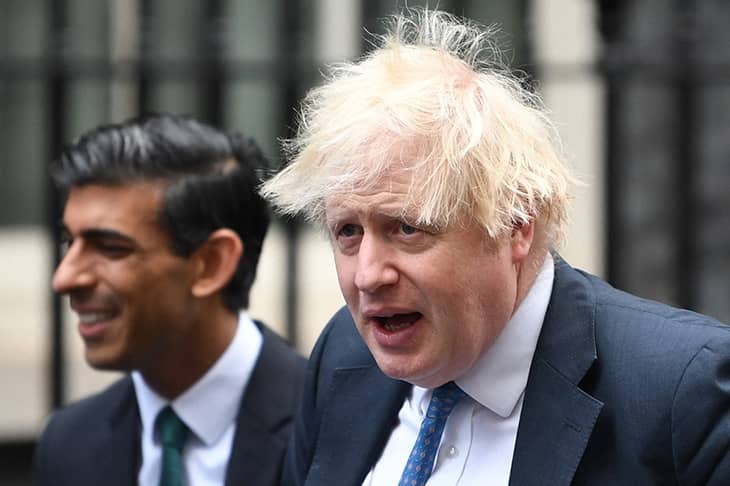
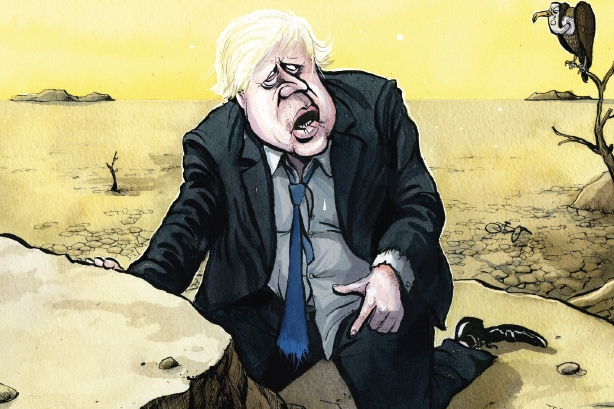
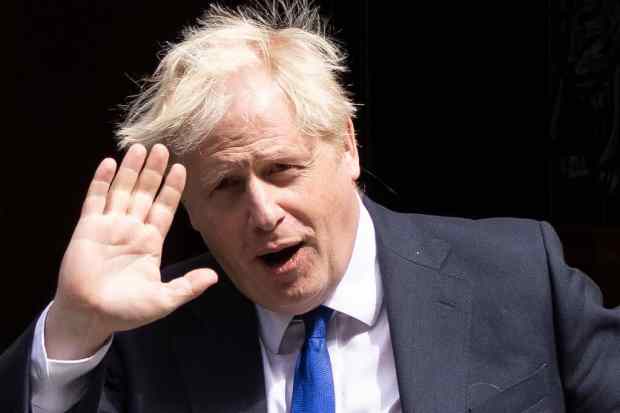
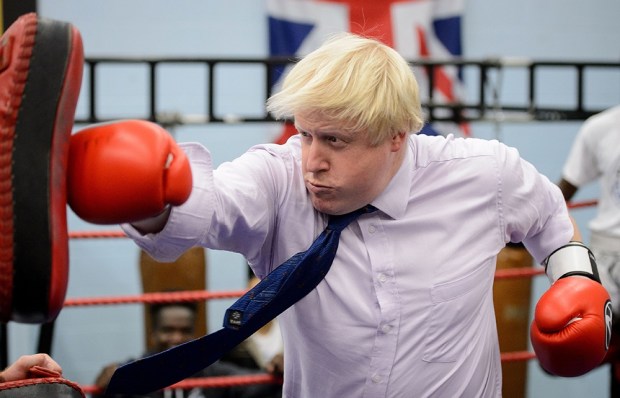

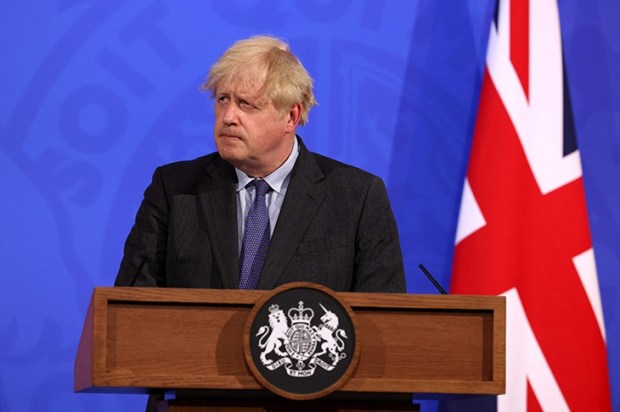
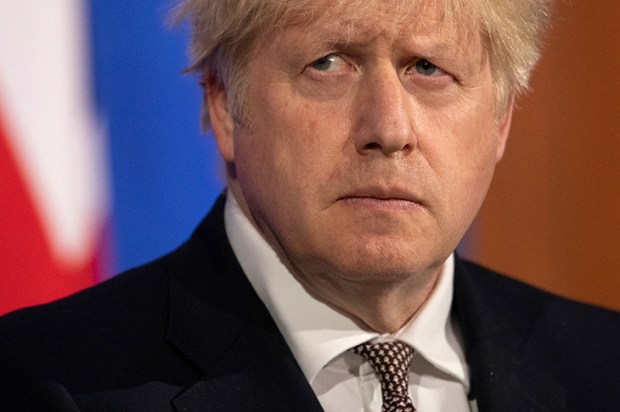






Comments
Don't miss out
Join the conversation with other Spectator Australia readers. Subscribe to leave a comment.
SUBSCRIBEAlready a subscriber? Log in